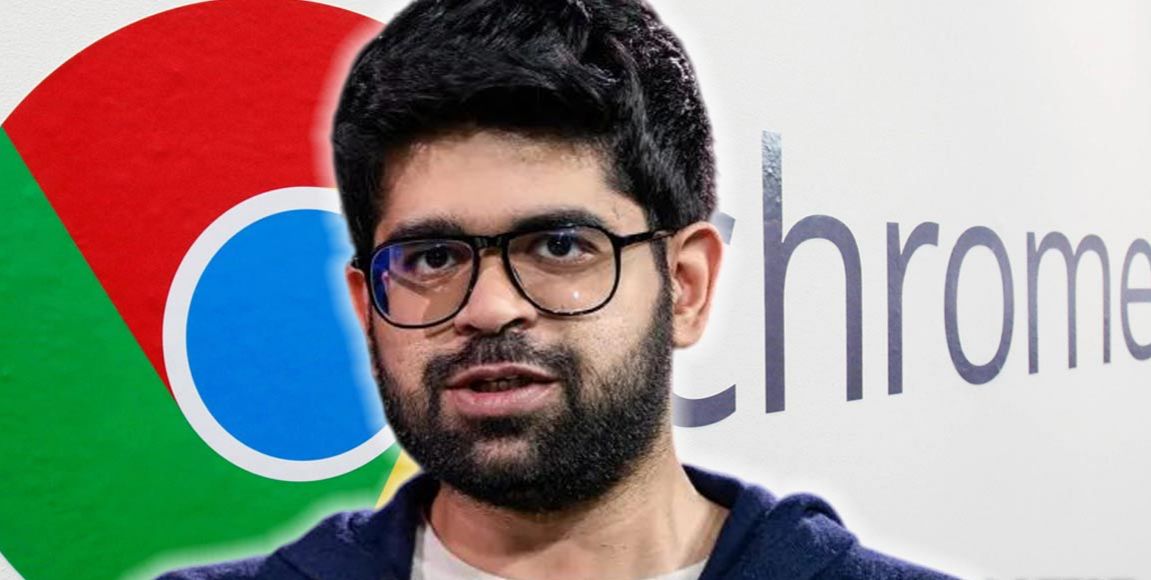In a bold and unprecedented move, Aravind Srinivas, the Indian-origin CEO of artificial intelligence startup Perplexity, has tabled a staggering $34.5 billion unsolicited all-cash offer to acquire Google’s Chrome web browser. This audacious bid arrives amid intensifying antitrust scrutiny of Google’s dominance in online search and signals an aggressive play by emerging tech firms to challenge the internet giant’s supremacy.
Key Highlights of the Landmark Acquisition Bid
Perplexity’s offer of $34.5 billion is nearly double the startup’s own valuation, a clear indication of its determination to secure control over the world’s most popular web browser.
Google Chrome boasts over 3 billion users globally, serving as the gateway to the internet for vast numbers of people and delivering critical data that underpin Google’s targeted advertising business.
The unsolicited proposal came as a U.S. federal judge is expected to deliver a ruling that could mandate Google to divest Chrome as part of antitrust remedies addressing the company’s monopolistic search practices.
Perplexity commits to preserving Chrome’s open-source engine Chromium, investing $3 billion over two years, maintaining user choice including the default search engine, and ensuring “continued availability and support” for the browser.
Aravind Srinivas, former Google and OpenAI professional, articulated the acquisition as an effort to place Chrome under a competent, independent operator to promote fair competition and protect public interest.
The bid follows Perplexity’s launch of its own AI-driven browser, Comet, and its rapid rise as a notable Google Search challenger in the artificial intelligence domain.
Several major venture capital firms have expressed readiness to back Perplexity’s bid, although financial specifics and investor identities remain undisclosed.
Context and Significance of the Offer
Google Chrome, launched in 2008, has evolved into a vital asset for Alphabet beyond just browser utility — it is a data goldmine fueling the company’s expansive advertising empire. The U.S. Department of Justice’s antitrust case against Google has highlighted Chrome’s role in reinforcing search monopolies and restricting market competition.
Perplexity’s bid is not just about acquiring software; it’s an attempt to wrest the strategic control of an indispensable digital front door from the tech behemoth and democratize web access. By committing to invest in Chromium and maintain open-source principles, Perplexity aims to keep the browser ecosystem vibrant and user-focused.
Implications for Competition and Innovation
If successful, this acquisition could reshape the competitive landscape of internet browsing and search. Perplexity’s AI-enhanced technology promises a more conversational, summary-based search experience contrasting with traditional hyperlink-driven results, potentially revolutionizing how billions interact with the web.
The move also pressures other rivals like Microsoft, OpenAI, and emerging startups, accelerating innovation and opening room for diverse search paradigms.
Challenges and Google's Position
Despite the ambitious proposal, industry analysts widely view Google as unlikely to sell Chrome willingly given its centrality to company strategy and revenue. Google has called the DOJ’s proposed remedy an “unprecedented proposal” and plans to contest it vigorously.
A prolonged legal battle is expected, highlighting the complex balance regulators, industry players, and consumers must strike between competition, innovation, and security.
Looking Ahead
As the federal court’s decision looms, this high-stakes bid underscores the growing tectonic shifts in tech where AI disruptors challenge entrenched players. Perplexity’s pursuit of Chrome represents not only a business gamble but a defining moment in the evolution of the open internet.
Sources: Variety, New York Times, Reuters

